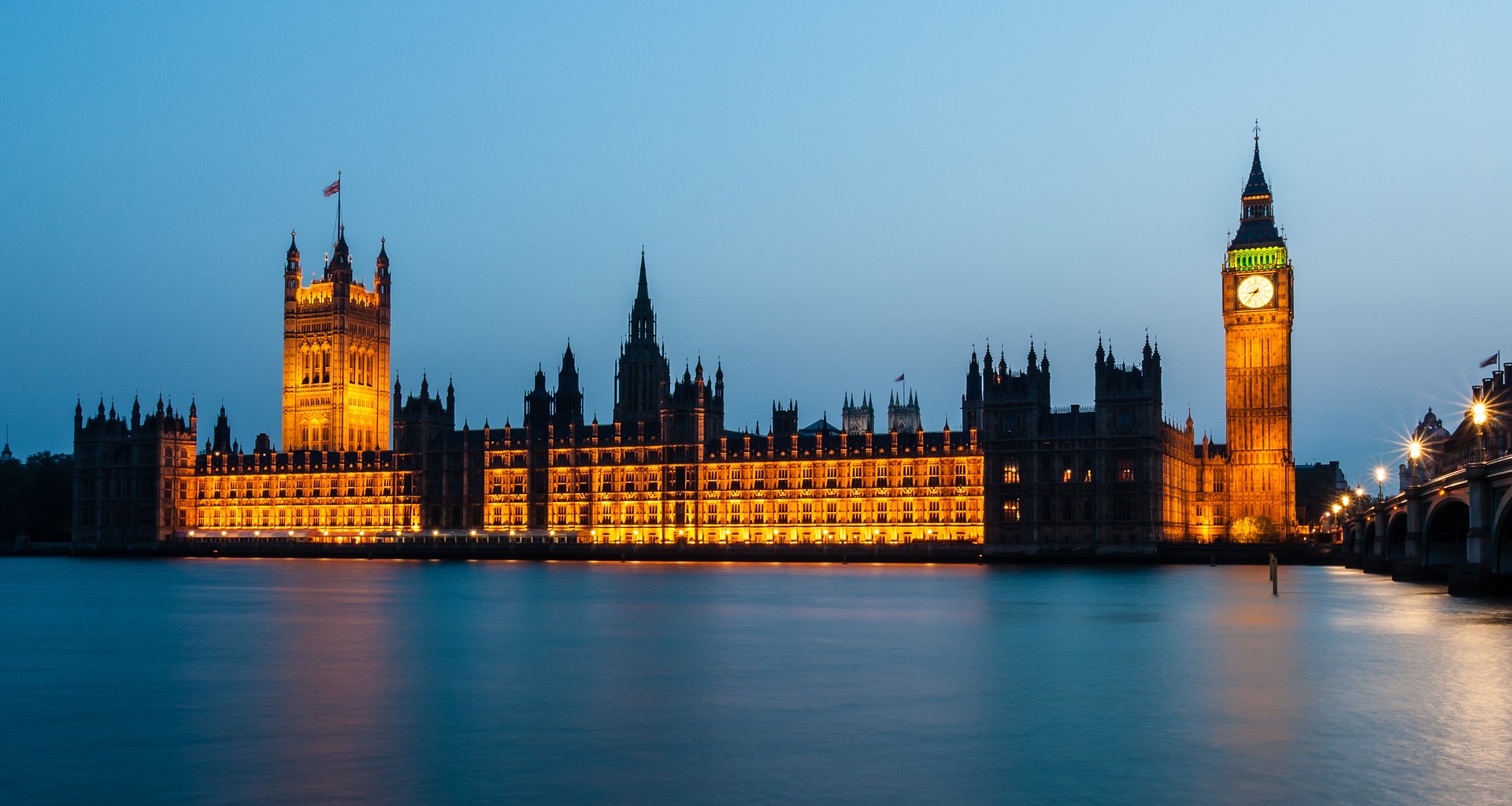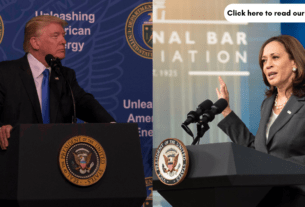‘Like turkeys voting for Christmas’ will be given a whole new meaning in just 41 days’ time, after the Labour party agreed to back the government’s push for a third national poll in just four years.
Despite calling for an election almost as soon as the last one was over, the Labour party appear to be in an extremely weak position to make any gains in 2019, consistently polling at a modest 20-30%.
This would point towards the largest Conservative majority in decades, with many pollsters even predicting they will win between 390 and 410 seats; the largest majority since Blair twice broke the 400 seats mark in 1997 and 2001.
Yet the Conservatives are also in a weaker position than they were in 2017, where the party threw away its majority – spending £1 billion on the confidence and supply of the DUP, just to enable the party to enact its legislative agenda.
This begs the question of whether we will see a repeat of Labour’s miraculous rise in the lead up to 2017, which despite seeing them defeated, showed a marked increase on pollsters’ projections.
The December election will undoubtedly be a Brexit election, with the Conservative party already delivering a strong majority to pass the deal through parliament as central to their campaign. Labour on the other hand are making the election about the economy; the economy is not working for all and must be radically shaken and preferably fully restructured.
The problem here is whether Labour will be able to own the debate and have the narrative on their terms as in 2017. Although not in power, Mr Corbyn was able to dominate the debate with his formidable campaign skill that saw him exercise a comfortable agenda setting advantage over Theresa May’s soulless campaign.
The previous election was also meant to be a Brexit election, and the experience from just 2 years ago would suggest Labour are perfectly capable of climbing the polls again, with their message of a greener economy and fairer economy being at the heart of their agenda.
This would point towards yet another close election, despite a current double-digit lead for the Conservatives in the polls.
The Conservatives largely lost control of the debate in 2017 because of their uninspiring message of wanting to get Brexit done and the failure to offer much beyond that; faced with a formidable package offered by Labour.
This time, however, the Tories have a much clearer platform, and a reformed central office which will undoubtedly improve their messaging and prevent the campaign being shaped by Corbyn.
But perhaps the biggest asset is a Prime Minister who can inspire voters. Despite being a competent politician and committed local campaigner, Theresa May was never the charismatic character who could use her bully pulpit and shape the debate. Boris Johnson’s whole career is based on his ability to do this.
Never a details man, Johnson freely admitted during his leadership campaign that he was not interested in detail, with his supporters saying that he’s got a team for that anyway. What he is good at is campaigning, which is how he managed to twice win the London Mayoralty, despite a huge Labour advantage in the capital.
This will make Johnson a much tougher opponent for Corbyn than Theresa May was, making the decline in the Tories lead in the final weeks far less likely.
What is likely though, is a significant threat from the Brexit party, pulling votes away in key marginal constituencies and handing swing seats to the other parties.
An interesting phenomena is the declining support for the Brexit party, as Farage’s attitude of opposing Brexit in any form other than one he gives his ascent to seems to be turning voters away, but even support of a few percentage points could throw enough constituencies to halt Boris Johnson’s march towards a landslide.
Whilst projected gains of nearly one hundred seats for the Conservatives seem wishful if the Brexit party manage to contest every seat, the formidable campaign machinery of a Boris Johnson Conservative party make it unlikely that Labour or any other party will come close to achieving a majority either.
Whilst a Conservative majority remains the most likely outcome, the threat of the Brexit Party makes it far harder for the stonking majority that many predict and a more modest majority with around 335 to 350 seats and a 40% plurality of the vote share will be the most likely outcome.
____________________________________________________________________________
Calum Paton is a History and Politics student at the University of Warwick. His writing predominantly focuses on American and British politics. Twitter: @Paton_Calum




